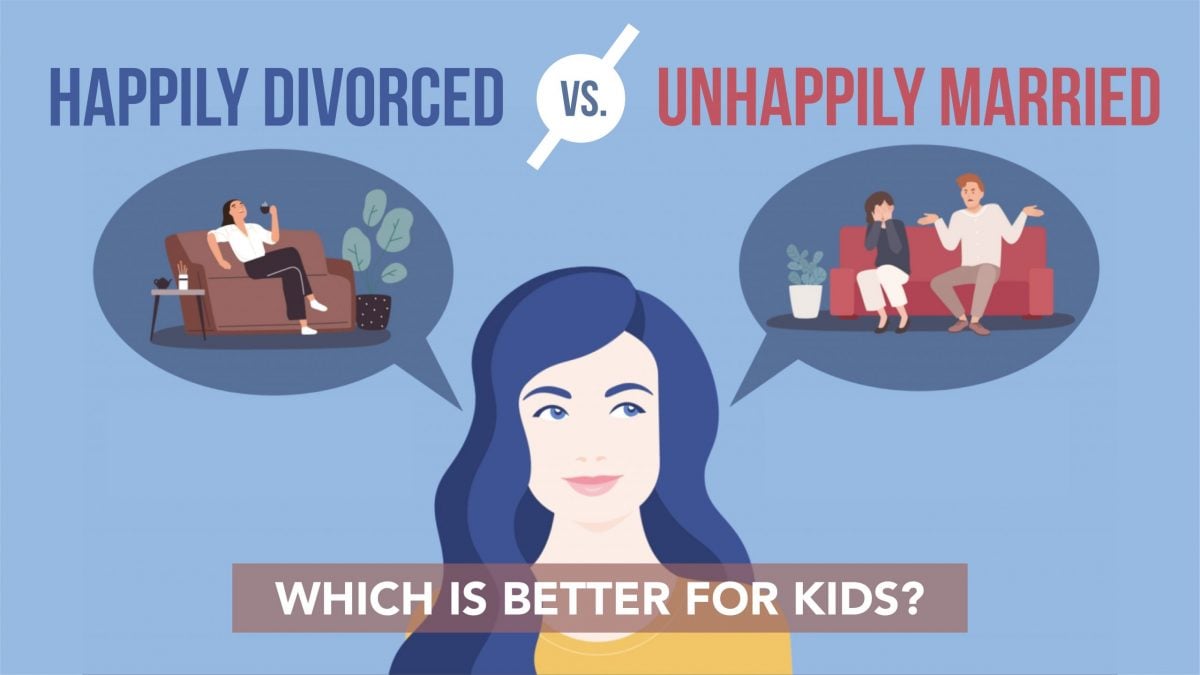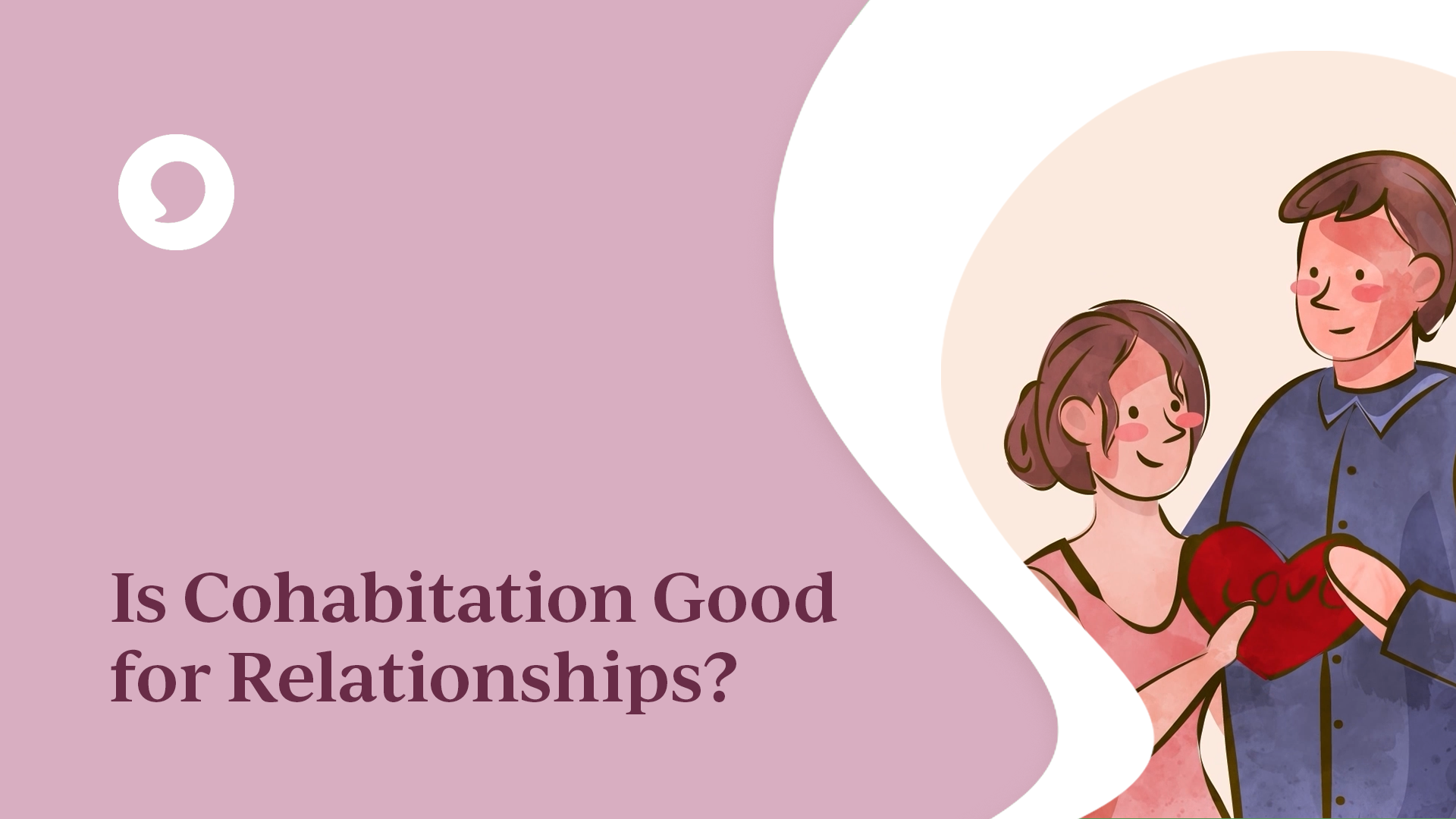"Marriage is just a piece of paper. What difference does it really make if you stand up in front of a church or a justice of the peace if we really love each other?"
What would you say?
In recent decades, the marriage rate has plummeted, but at the same time, the rate of cohabitation—couples living together long-term without getting married—has spiked, and more Americans have cohabited at some point than have been married.
On the other hand, cohabitation is fundamentally different from marriage, and studies show it sets couples up for relationship failure. So, what would you say?
Marriage Is Just a Piece of Paper
You’re in a conversation and someone says, “It doesn’t matter if we get married, all that matters is that we live together and love each other.” What would you say?
In recent decades, the marriage rate has plummeted, but at the same time, the rate of cohabitation—couples living together long-term without getting married—has spiked. According to a 2019 Pew Research study, more Americans have cohabitated at some point than have been married.
Most people don’t see any problem with that. For example, about three-quarters of high school seniors think that cohabitation is a good testing ground for marriage.
But it’s not. Cohabitation is fundamentally different from marriage, and sets couples up for relationship failure.
So, the next time someone says, “It doesn’t matter if we get married, all that matters is that we live together and love each other,” remember these three things:
Number 1: Cohabitation doesn’t confer the same benefits as marriage.
According to research conducted for the National Marriage Project, married adults are much more likely than cohabiting adults to report being satisfied with their relationship. Even after controlling for education, relationship duration, and age, 54 percent of married women reported being “very happy,” compared with just 40 percent of cohabiting women. Meanwhile, half of married men said they were “very happy,” compared with just 35 percent of cohabiting men. And this extends to the bedroom, with married couples who have never cohabitated with anyone else reporting the highest rates of sexual satisfaction.
Cohabitation also means much less relationship commitment and stability than marriage. 54 percent of married adults in the survey considered their relationship very stable, versus 28 percent of cohabiting adults. And research by the US Census Bureau and the University of Texas found that only 6 percent of cohabiting relationships that have not transitioned to marriage are still intact in 10 years, compared with three-quarters of first marriages.
Even more important, children that are born to cohabiting couples are deprived of the benefits of a married mom and dad. On average, they are much more likely to see their parents split up, to suffer poverty and poorer educational outcomes, and are even at increased risk of becoming victims of domestic violence and of ending up in prison.
Number 2: Cohabitation hurts your chances of ever ending up in a stable marriage.
Many people who cohabitate, especially women, hope to one day transition to marriage, and view living together as a “trial run.” But the evidence shows that cohabitation makes a stable marriage less likely, not more. The Institute for Family Studies reports that couples who move in together before being engaged or married are 48 percent more likely to be divorced within a decade than couples who wait to move in together.
Because of this, many people end up cohabiting with more than one partner before getting married. And this only compounds their risk of divorce down the road. One Stanford study found that cohabiting with just one extra partner more than tripled a woman’s odds of getting divorced later. In fact, women who report more than two sexual partners before marriage have between a 25 and 35 percent chance of getting divorced in the first five years. Compare that with women who abstain from sex until marriage, who have only a 5 percent chance of divorce in the same timeframe!
Cohabitation increases “sexual experience” before marriage, but contrary to popular belief, this is not a good thing. “Trying out” multiple partners harms a person’s prospects of forming a lasting, fulfilling union, because such relationships train partners to treat each other like applicants in a job interview. As one researcher explained, “by living together already, both parties have likely developed a thought pattern of ‘what if this doesn't work out,’ thinking [they] could just move out and move on, which can undermine that sense of commitment that is essential to a thriving marriage…”
Number 3: Marriage is not just a piece of paper. It’s God’s design.
C.S. Lewis compared the human person to a machine invented by God. Like the designer of an engine, God knows how human beings are built to run, what kind of fuel we need, and how we should be maintained. When God instituted marriage, then, He wasn’t forcing something unnatural on us. He was giving us the instruction manual on how we were made to live, how to thrive sexually and socially, and how to have healthy, loving relationships with our spouses and children.
We were designed, in other words, for marriage. That is the garden in which human sexuality was made to bloom, and nowhere else. Marriage is not an invention of society or government but something that predates both, that goes right back to the very first man and woman in Eden, whom God joined together and said, for this reason: “a man shall leave his father and his mother and hold fast to his wife, and they shall become one flesh.”
Like gravity, marriage is built into the fabric of reality—a law of human nature. And that’s why, just as with gravity, attempts to defy or redefine the reality of marriage through things like cohabitation only result in people getting hurt. Marriage matters because it’s not our idea; it’s God’s.
So, the next time someone says, “It doesn’t matter if we get married, all that matters is that we live together and love each other,” remember these three things:
Number 1: Cohabitation doesn’t confer the same benefits as marriage.
Number 2: Cohabitation hurts your chances of ever ending up in a stable marriage.
Number 3: Marriage is not just a piece of paper. It’s God’s design.
https://ifstudies.org/blog/do-todays-teens-see-marriage-and-children-in-their-future
https://ifstudies.org/blog/the-myth-of-sexual-experience-
https://ifstudies.org/reports/whats-the-plan-cohabitation/2023/executive-summary
https://web.stanford.edu/~mrosenfe/Rosenfeld_and_Roesler_Cohabitation_Experience_NSFG.pdf
https://ifstudies.org/blog/how-moving-in-together-makes-it-harder-to-know-if-hes-the-one




 Colson Center
Colson Center

